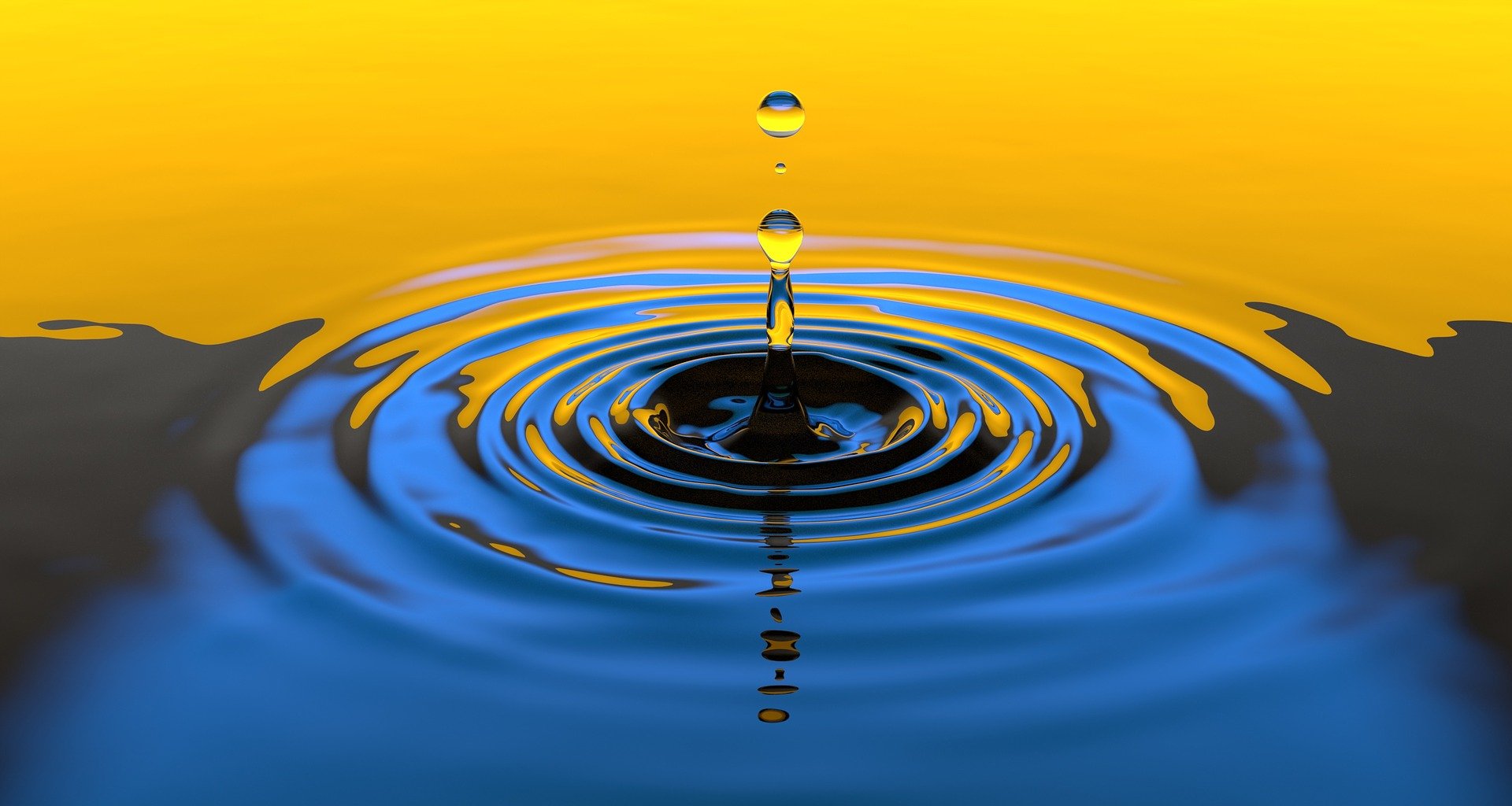Daniel D. Snow
Daniel D. Snow is a Research Professor and Director of the Water Sciences Laboratory, a part of the Nebraska Water Center and Robert B. Daugherty Water for Food Global Institute at the University of Nebraska. He holds degrees in geology and geochemistry, including a PhD from the University of Nebraska (1996), a M.S. from Louisiana State University (1988), and a B.S. degree from Missouri State (1982). Over the past 30+ years, his research interests and experience have focused on the studying the environmental fate of emerging contaminants and agrichemicals in ground and surface water throughout the world. He directs staff and students in the development of analytical methods using advanced mass spectrometry technologies to better understand and protect water resources. Recent work involves developing new ways to measure and evaluate water quality issues in remote regions such as Central Asia. The results of this research have been published in over 200 refereed journal articles, book chapters and conference proceedings. Funding supporting this research comes from a variety of sources including the National Science Foundation, US Environmental Protection Agency, US Geological Survey, US Department of Agriculture, US Fish and Wildlife Service, as well as numerous state and local agencies. He is an associate editor for the journals Bulletin of Environmental Contamination and Toxicology and MDPI Water. He has served as a review panelist for the US EPA Science to Achieve Results (STAR) program, National Science Foundation Major Research Instrumentation program, Department of Defense’s Strategic Environmental Research and Development Program and Environmental Security Technology Certification Program, the Gulf of Mexico Research Initiative, CRDF Global, and many other international research funding programs.
Marjan Kalmakhanova
Marjan Kalmakhanova is an associate professor at the Department of Chemistry and Chemical Technology at M.Kh. Dulaty Taraz Regional University, Kazakhstan. She has a long-term involvement with environmental science research activities, more specifically focused in the synthesis and characterization of adsorbents and heterogeneous catalysts based on natural clays to solve environmental problems in liquid phase, as the development of pillared clays and other clay-based materials for wastewater treatment based on adsorption and advanced oxidation processes. During her PhD studies, in 2017, Marjan performed a research internship at Bragança Polytechnic Institute, Portugal, where gathered experimental experience on a large range of water analytical methods and water treatment technologies. In her career path she was awarded several prizes and recognitions related with her work on environmental science. She currently supervises three doctoral students with thesis related with water treatment and purification technologies. From the research work of Marjan resulted the publication of 20 papers in national and international journals, 17 papers in conference proceedings and 2 patents. In 2021, with collaboration of Nebraska University (Lincoln, United States) Marjan won an U.S.-Kazakhstan University Partnerships Grant with title “Science with a Purpose: Improving Environmental Science in Kazakhstani Universities”, acting as project coordinator at M.Kh. Dulaty Taraz Regional University, project in execution between January and September 2022. She has a particular role in the development of the short course on water analysis and treatment, being responsible by the structuring of the theoretical concepts and by the hand-on tasks expected during the course implementation. She also participates in the evaluation of environmental sciences related graduate level courses at M.Kh. Dulaty Taraz Regional University, that will lead to the modernization of the existing curricula. More recently, in April 2022, she got funding for the project with title “Identification and treatment of contaminants of emerging concern (CEC) in effluents of urban wastewater facilities in Kazakhstan”, from Minister of Education and Science of the Republic of Kazaksthan on the program Grant funding young researchers in scientific and (or) scientific and technical projects for 2022-2024, with execution period between March 2022 and December 2024, involving the international partners of Bragança Polytechnic Institute, Portugal, and Nebraska University, Lincoln, United States. This project coordinated by Marjan, aims at the development of tertiary water treatment solutions based on polymer mixed-matrix membranes coupled with catalytic advanced oxidation processes, for the elimination of contaminants of emerging concern.


